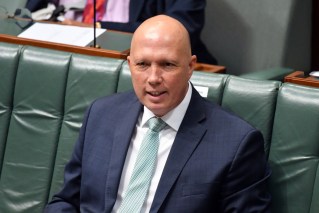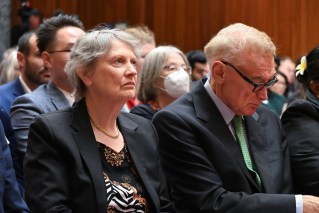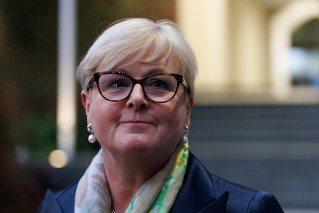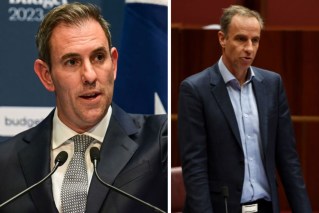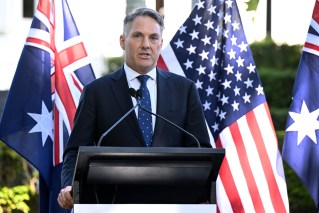Malcolm Turnbull: Who knew and didn’t act on Scott Morrison’s power grab?

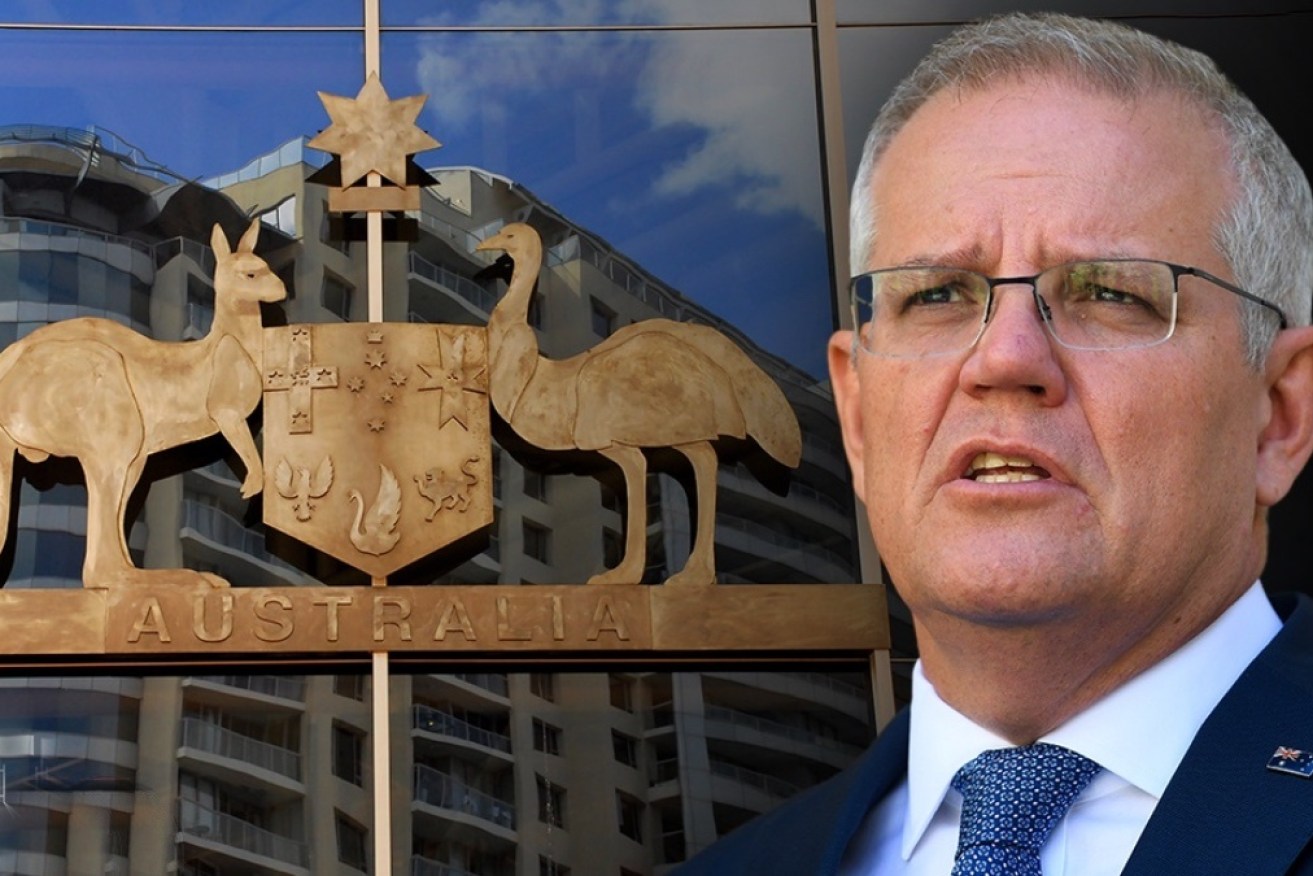
Who Scott Morrison involved in his plans will have implications for people across the government.
Despite 10 days of media scrutiny and a review led by one of the government’s most senior lawyers, former prime minister Malcolm Turnbull says it is what he doesn’t know about Scott Morrison’s power grab that remains the most troubling.
Mr Turnbull’s queries raise the possibility that officials or public servants still serving at the highest levels may have played a role in Mr Morrison’s secret cabinet takeover, or advised it.
“We can accept that Morrison failed; we can say that he was a control freak; he was obsessed with secrecy; he had these character or personality flaws,” Mr Turnbull told The New Daily.
“But that doesn’t explain why the rest of the system went along with it. “That is the thing I find most troubling.”
An initial review released earlier this week did not not say if staff or officials employed by the department of Prime Minister and Cabinet had worked to facilitate Mr Morrison’s self-appointments. The terms of a second full public inquiry will be announced in coming days, but will likely need to answer that question.
Mr Turnbull said he could not imagine his advisors, while serving as prime minister, hearing of a plan like Mr Morrison’s without frankly warning against it.
“I would never have had an idea as crazy as that,” he said.
“But I know that my staff in my office would have thrown their arms up and said: ‘No, this is crazy. Stop, go back’.”
Mr Turnbull said the head of PM&C during his time in the top job, Martin Parkinson, now retired, “wouldn’t have had a bar” of a plan to bypass public cabinet government.
And he maintained he was confident several highly experienced advisers in his own Prime Minister’s Office would have told him that departing from cabinet government was a big mistake.
Public servants are expected usually to faithfully carry out instructions, but their role is not a passive one; they can warn ministers about bad ideas and express views frankly.
“There were people in the public service and Prime Minister and Cabinet who went along with it,” Mr Turnbull said. “I know some of those people, and I want to know why.
“I would have expected Stephanie Foster, yes [if] I [were the] prime minister to have protested formidably,” he said.
It is not known if Ms Foster, a Deputy Secretary who had once been in charge of governance, had been involved in the same issues during Mr Morrison’s prime ministership. But she was increasingly taking on other challenging tasks instead.
Tweet from @Stela_Todorovic
Ms Foster became famous to those watching a parliamentary inquiry online for what they said was a wink aimed at Coalition frontbencher Simon Birmingham. She categorically denied it.
Her review of the safe work environment at Parliament was executed without political incident, but also praised for traversing the difficult terrain for the government of the day. Ms Foster briefly became the acting head of the Department of Prime Minister and Cabinet after the May election when Philip Gaetjens chose to step down.
Of the advisers who were closest to Scott Morrison and likely around when he was first sworn into his first extra portfolio, each embodies the ideal of providing impartial advice to varying degrees.
Frank and fearless?
Questions were raised about whether perhaps Mr Morrison’s most dependable adviser even thought he should be free of politics despite him attaining a $900,000 job in government.
Mr Gaetjens was notionally a bureaucrat in earlier days. But he went on to work mostly in ministerial or Treasury offices in state and federal Coalition governments including a decade working for Peter Costello as chief of staff.
He started as Mr Morrison’s chief of staff not long after the Member for Cook first began as Treasurer. Mr Gaetjins would then be promoted to Treasury chief and then again to Secretary of PM&C.
Strong and silent?
John Kunkel was the former PM’s chief of staff and the inverse of the top bureaucrat, Mr Gaetjens, with whom he was close.
Mr Kunkel was a man who was political to his marrow in his interests and instincts, but otherwise interested in economics. He was an old Canberra hand and a top adviser in John Howard’s cabinet office, which Liberals revered as embodying the best Westminster traditions.

